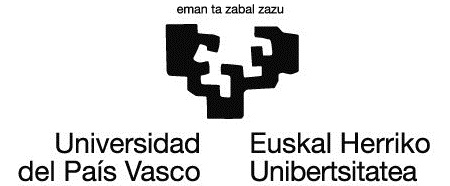Abstract:
Steam explosion (SE) is currently one of the most valuable and cost effective pretreatment technologies for cellulosic bioethanol production. After impregnation, biomass is treated with hot steam (around 200°C) under pressure (around 1.5-3 MPa) during few minutes followed by an explosive decompression. The effect of SE on biomass combines a chemical hydrolysis during the stream treatment and defibration during the explosive decompression to make the cellulose more amenable to enzymes. This technology is currently developped at the commercial scale (continuous processes) in Italy (beta renewables) and in the USA (Abengoa) for biofuel production from lignocellulosic feedstocks. In this lecturer we will demonstate that beyong bioethanol, steam explosion could be considered as a versatile technology for lignocellulosics deconstruction for different advanced applications. The examples given include current on-going works from our group : • the production of fine hemp fibers (cottonisation of hemp) for textile applications : the optimization of elementary water- or NaOH-impregnated hemp fibers extraction using SE is described. An original quantification method was developed in order to follow the defibration rate by image processing. Defibration was evaluated and optimized using systematical experimental method for the production of superior quality fibers with a low variability. • the pretreatment by SE of phytoremediation lignocellulosic feedstocks (heavy metals contaminated) for the production of bioethanol and fibrous materials. The influence of the severity of the SE process on the composition in metals of the fibrous cellulosic residues was examined. The residual metal effect on the enzymatic hydrolysis of cellulose into glucose and on the fermentation step was also investigated. • The extraction of biopolymers from biomass in control conditions. SE appeared to be a selective and non desctructive method for the extraction and solubilisation of high molecular mass biopolymers (hemicelluloses, proteins, lignin).
Nicolas Brosse is professor in Lorraine University (France) since 2006 and is a research group leader in LERMAB (laboratory dedicated to wood material). He is an organic chemist with experience in multiple areas of organic synthesis, characterization of organic compounds and solid phase synthesis. His current interests include ligniocellulosics pretreatment and deconstruction, polyphenolics characterizations and utilizations. He had published more than 100 research articles in international peer-reviewed journals







